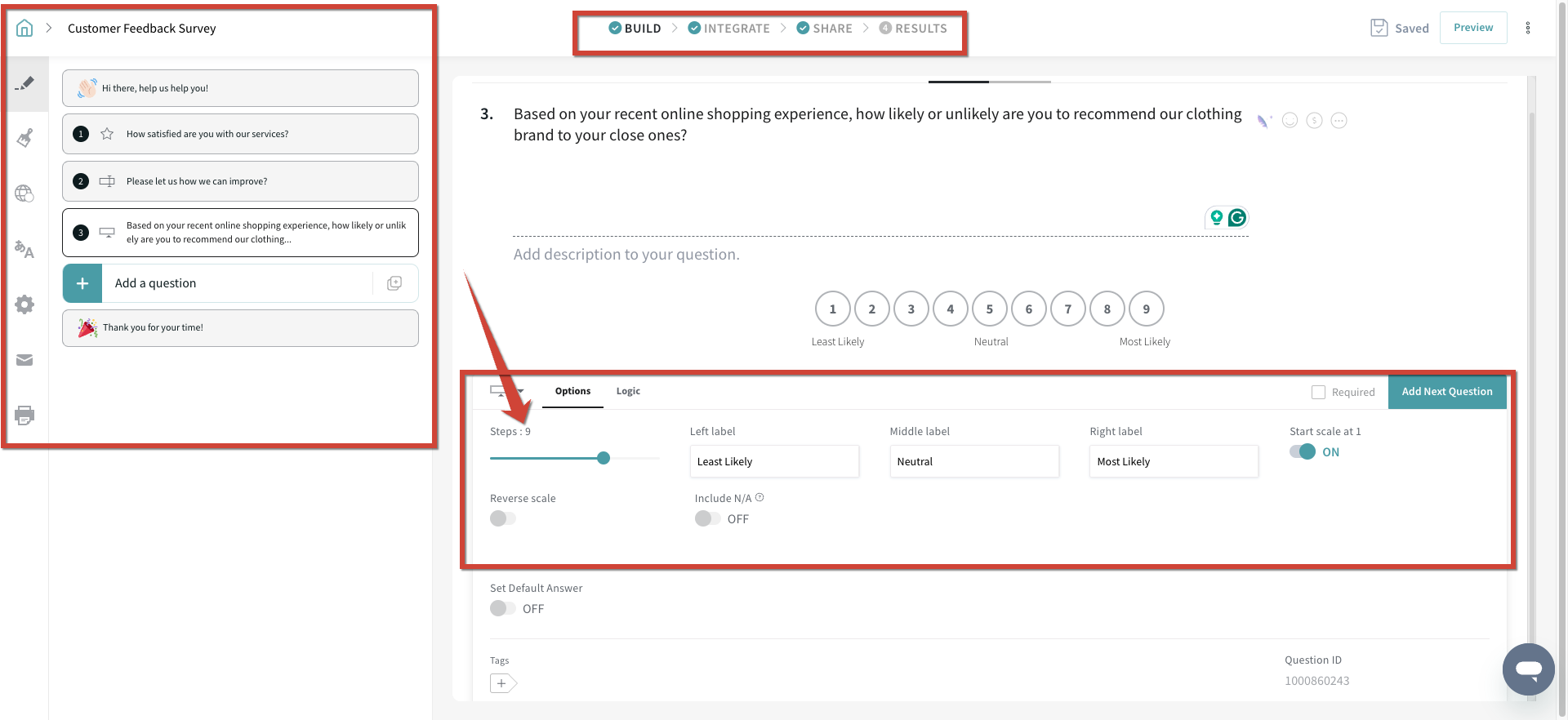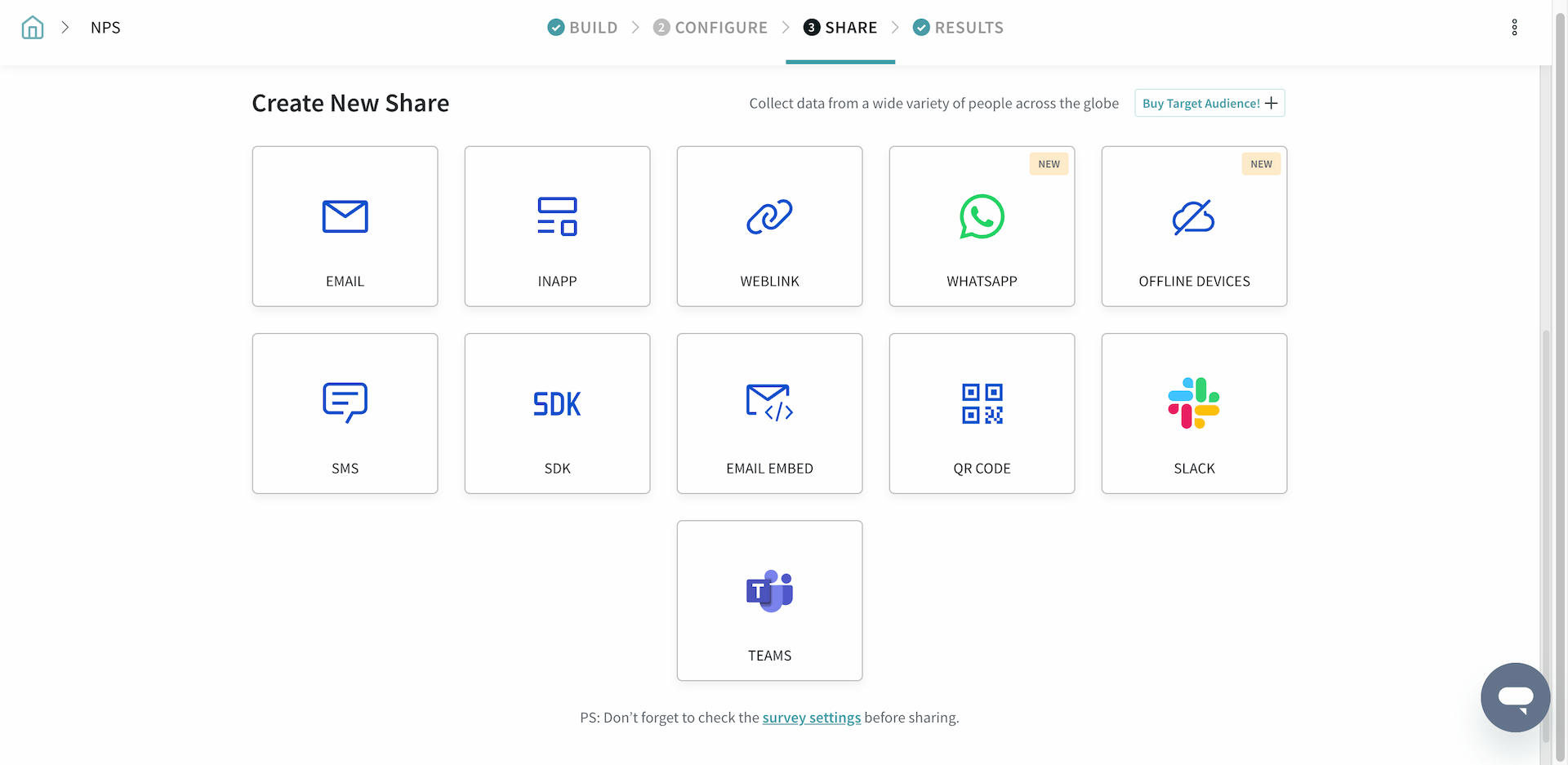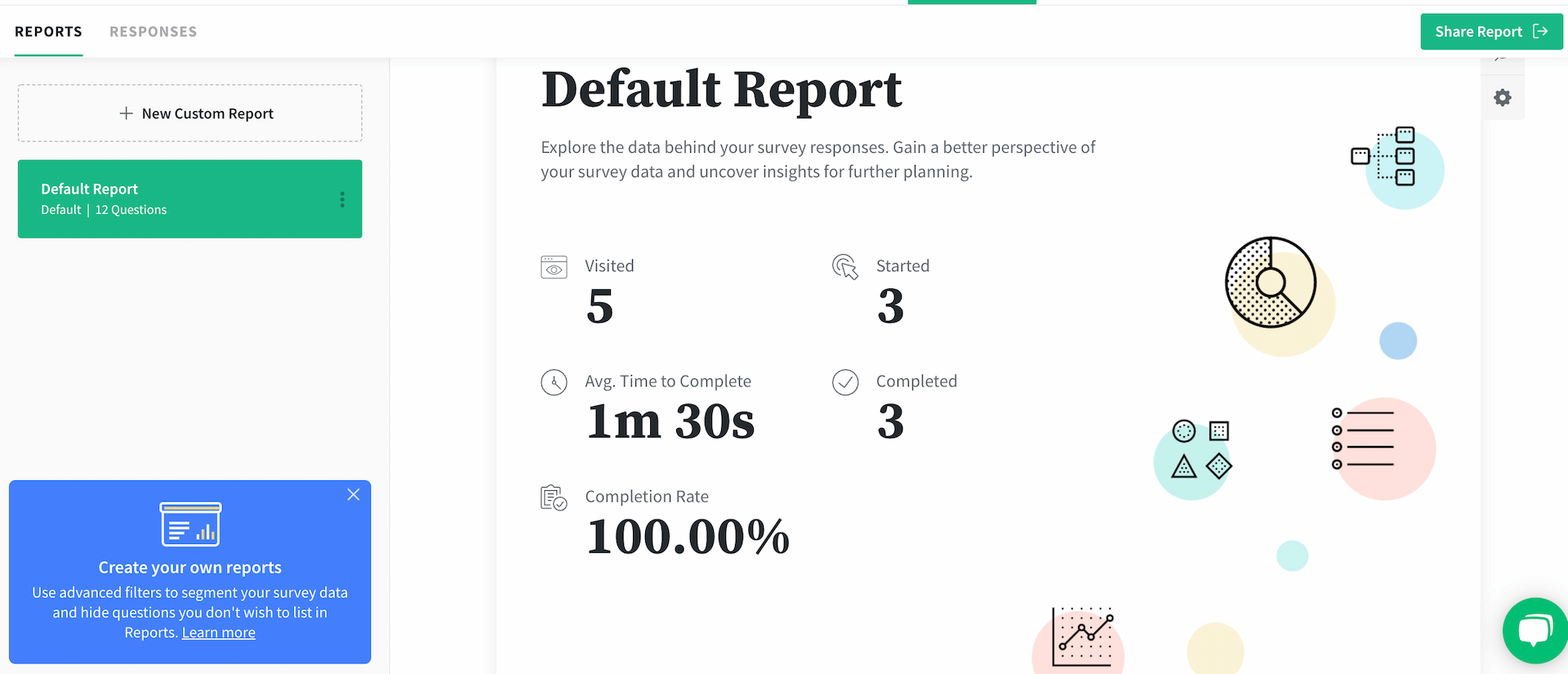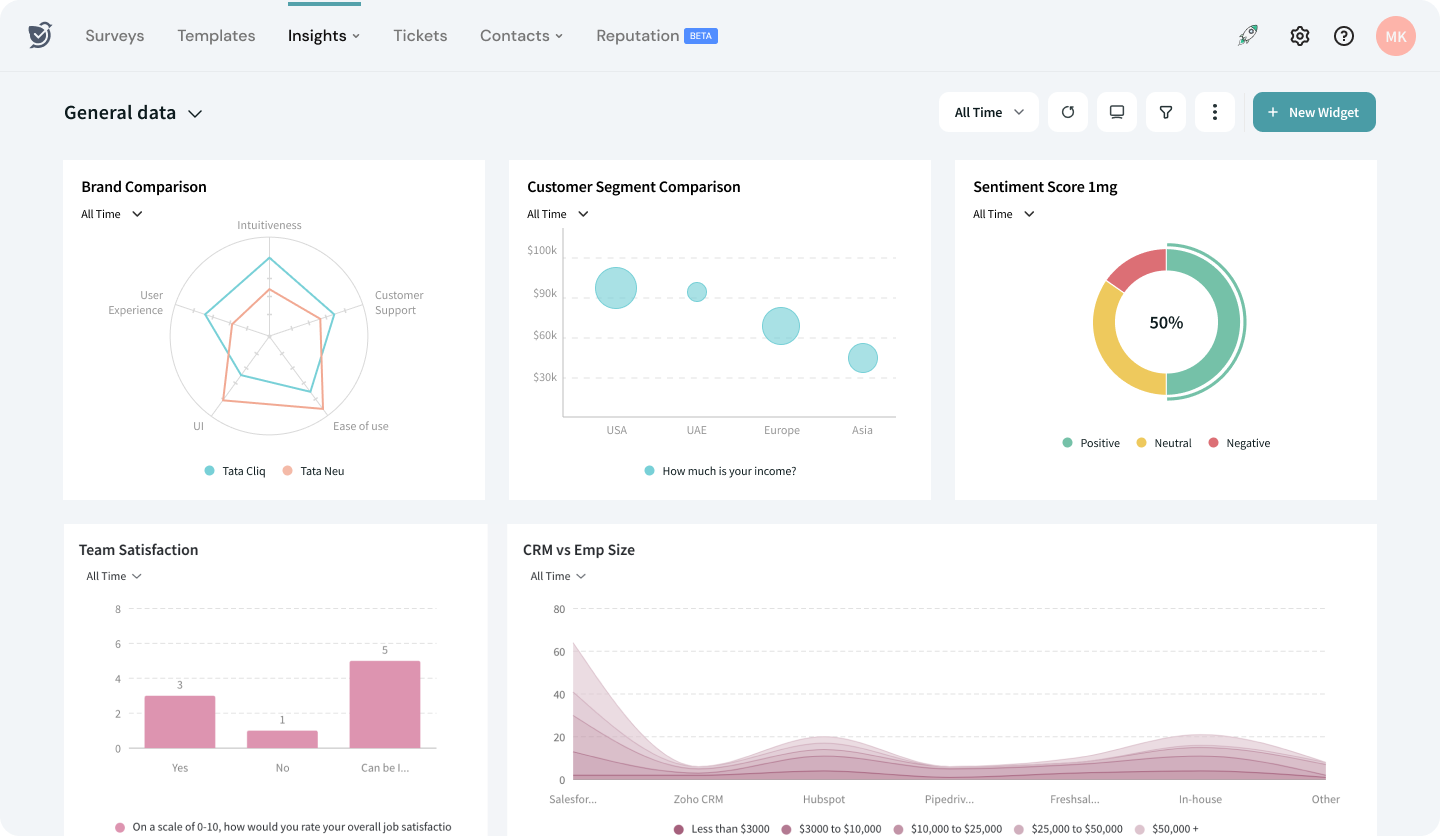Compliance Risk Assessment Questionnaire Template
Why use our Compliance Risk Assessment Questionnaire?
Cover compliance gaps with our Compliance Risk Assessment Questionnaire
Who can use this Compliance Risk Assessment Questionnaire?
A Compliance Risk Assessment Questionnaire can benefit a wide range of sectors. Here are five examples:
Financial Services
Compliance assessments help financial institutions make sure that they’re following the rules about protecting customer data, and transparency in financial transactions. It also helps them identify if their institution is vulnerable to financial crimes. This builds trust with clients, and demonstrates their compliance and integrity.
Healthcare
Healthcare providers – like hospitals, clinics and health services – use compliance assessments to check if they’re following regulations about electronic health records (EHR) management and billing. This helps them keep patient data safe and follow the law. This not only enhances the quality of care, but it also ensures that their information stays private.
Government Agencies
For government agencies, compliance assessments extend beyond legal requirements to include transparency, accountability, and efficiency. By checking how well they follow the rules, agencies can pinpoint areas where they fall short. This enables them to carry out corrective measures, which builds trust with the public.
Retail
In retail, compliance assessments check if stores are adhering to consumer protection laws and data privacy regulations. They also look at supply chain practices, product labeling, and advertising standards. By finding and fixing any rule-breaking, retailers can prevent legal risks, improve their reputation, maintain ethical business practices, and keep customers happy.
Manufacturing
Compliance assessments in manufacturing don’t just include product safety and environmental regulations. They also cover labor practices and supply chain management as well. By conducting these assessments, manufacturers can make better products, avoid lawsuits, product recalls or liability claims, and show customers that they care about doing things right.
Why is this form useful for organizations?
Comprehensive Risk Assessment
First and foremost, the questionnaire provides a comprehensive library of question types – from open-ended feedback to matrix type questions. This enables organizations to collect pertinent data on policies, procedures, training programs, monitoring mechanisms, and risk management strategies. That ensures a fool-proof and loophole-free compliance program.
Accessibility and Flexibility
Our open-ended questions have a voice transcription feature which is helpful for respondents with physical impairments. Moreover, the questionnaire is accessible across various devices such as laptops, tablets, and smartphones. This offers flexibility to complete the assessment anytime, and anywhere. The result? Better response and completion rates.
Tailored Risk Assessments
Customization features by SurveySparrow allow you to tailor the risk assessment questionnaire to reflect your specific needs. From highly customizable questions, themes, and designs to end-to-end white labeling, ensure that the questionnaire aligns perfectly with your organizational identity. This builds a sense trust and confidence among respondents.
Multiple Sharing Options
Seamlessly share the questionnaire through various channels – including SMS, email, URLs, QR codes, and collaboration tools like Slack and MS Teams. This ensures easy access for respondents and timely completion of the assessment. You can even try out offline kiosks in cases where there is limited internet connectivity.
Advanced Reporting Tools
SurveySparrow offers advanced reporting tools that deliver useable insights from the assessment responses. These tools enable organizations to analyze compliance levels, identify potential risks, and develop effective risk management plans. With features such as executive dashboards, journey charts, customizable reports, and export options, organizations can gain a comprehensive understanding of compliance risks.
FAQs
What are some common compliance risks that organizations face?
Common compliance risks include: data privacy infringement, which violates regulations like GDPR; mishandling protected health information (PHI), which violates HIPAA requirements; a lack of robust disaster recovery plans leading to compliance risks under ISO 27031 and HIPAA; and breaches of payment card data, which violates PCI DSS standards.
What areas of the organization should be included in the compliance risk assessment?
The specific areas you include will depend on your industry and the regulations you’re subject to. However, a good compliance risk assessment should typically cover these 4 areas: policies and procedures, training programs, monitoring mechanisms, and risk management strategies.
How often should a compliance risk assessment be conducted?
A risk assessment should be reviewed at least once every year, according to HSE guidelines. Due to the constantly changing external and internal factors that can affect an organization’s risk landscape, compliance risks need to be monitored and reevaluated on an ongoing basis.
How can we ensure all employees participate and complete the assessment in a timely manner?
Here are some strategies to encourage participation and completion:
- Make it easy to access.
- Communicate the importance of the assessment and why it matters as an employee.
- Set clear deadlines for completing the assessment.
- Consider offering small incentives for timely completion.
How can we effectively analyze the results of the assessment?
Use the reporting tools provided by the assessment platform to:
- Identify areas where the organization is strong, and areas that need improvement.
- Look for trends or patterns that suggest potential compliance issues.
- Create strategies to solve the identified risks, and assign them to the relevant teams.
- Regularly review and update your assessment to reflect changes in regulations.
Other Useful Survey Templates:
See All

Employee Acknowledgement Form Template

Membership Application Form Template

Social Media Questionnaire Template
How to Use the Compliance Risk Assessment Questionnaire
Step 1: Research & Customization

Step 2: Distribution & Completion

Step 3: Collection & Analysis

Step 4: Action & Improvement



